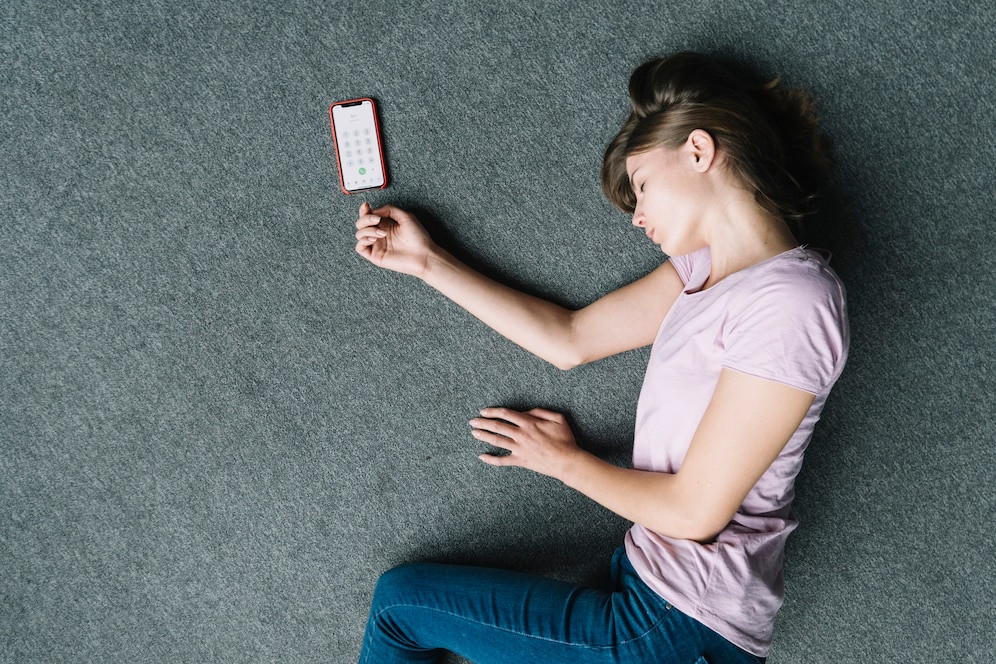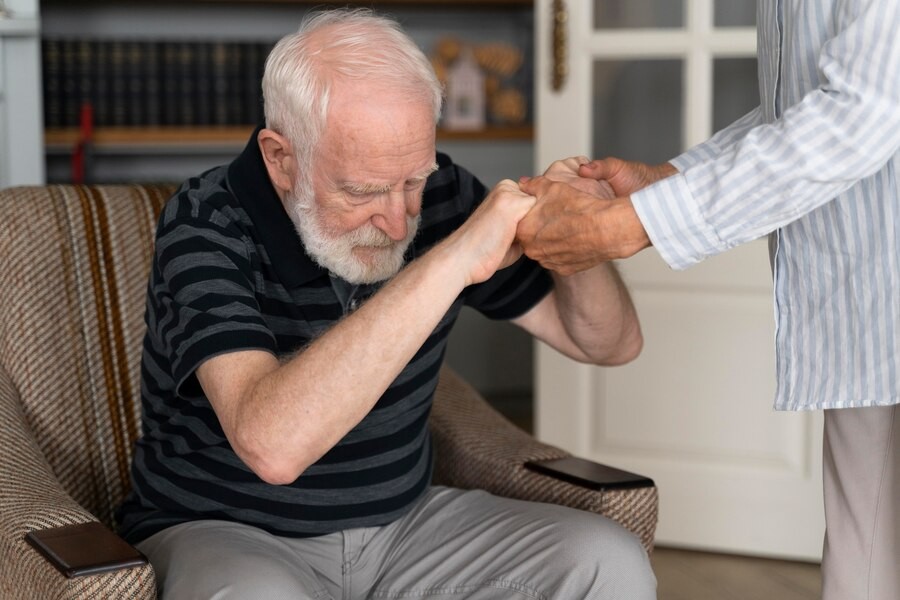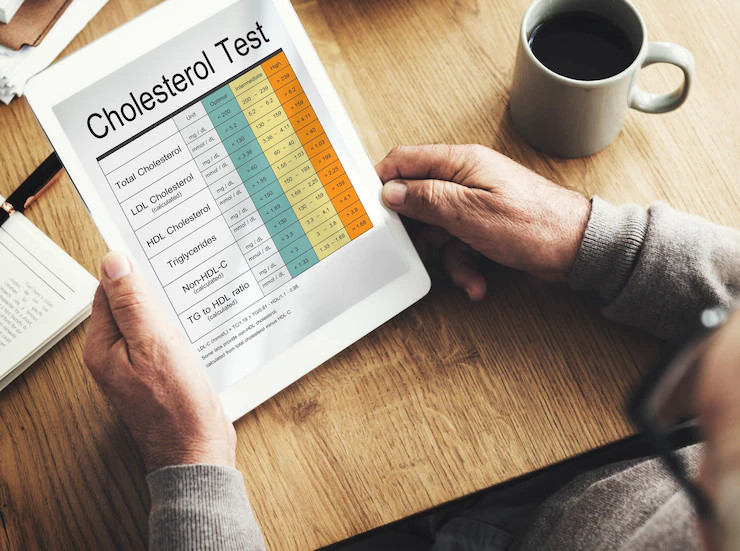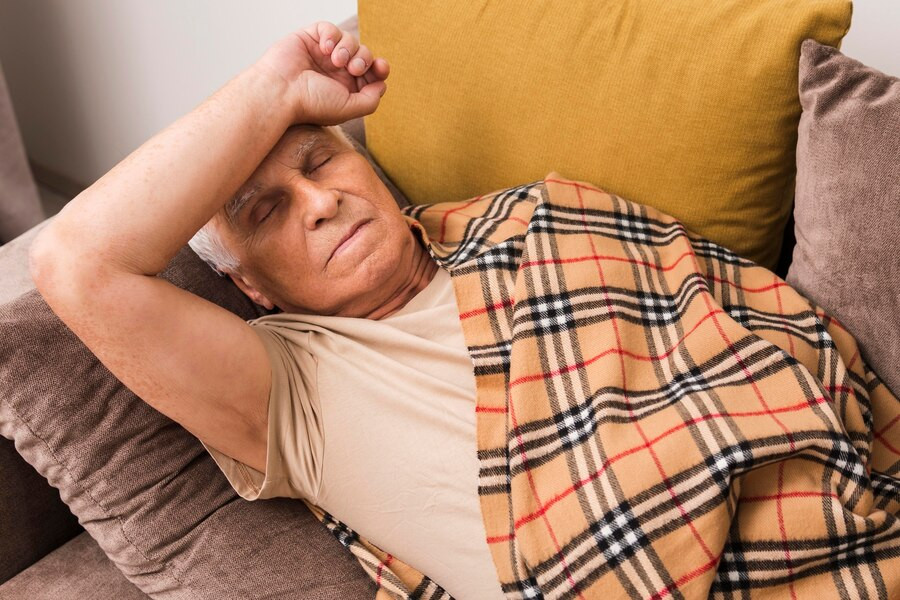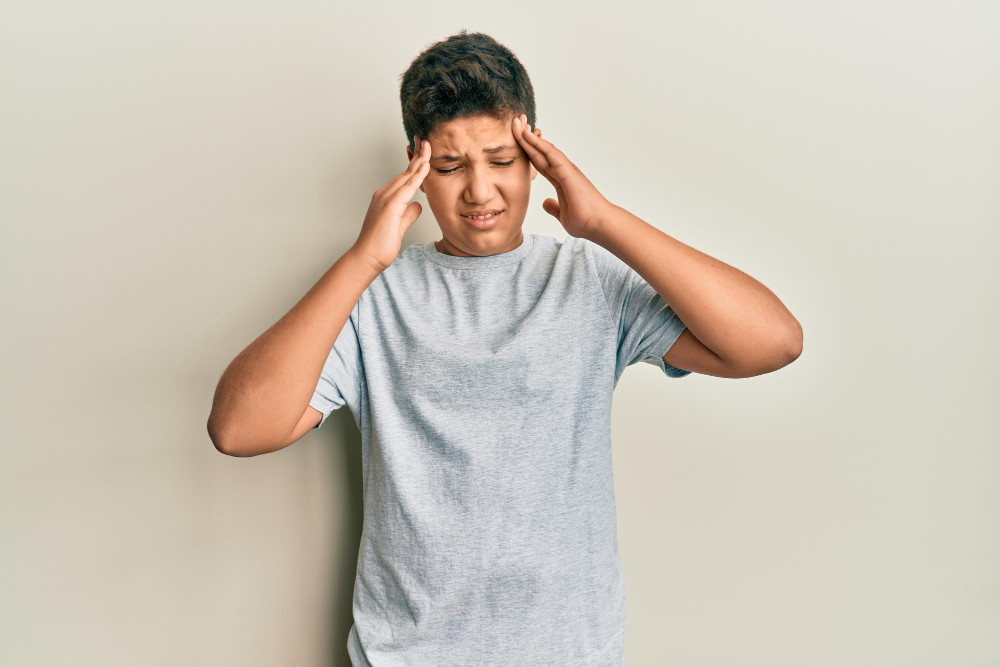A stroke can strike suddenly, anywhere, and at any time. When someone experiences a stroke, every second counts. Quick intervention can significantly impact the outcome because a stroke is often referred to as an "brain attack."
What is a Stroke?
A stroke occurs when the blood supply to a part of the brain is interrupted, either by a blocked or ruptured blood vessel, preventing brain cells from receiving the oxygen and nutrients they need.
Without sufficient oxygen and nutrients, brain cells begin to die, leading to brain damage. If this damage is not addressed quickly, it can result in long-term disability or even death.
There are two main types of stroke:
-
Ischemic Stroke – Caused by a blood clot that blocks a blood vessel in the brain. This is the most common type of stroke.
-
Hemorrhagic Stroke – Occurs when a blood vessel in the brain ruptures.
Recognizing Stroke Symptoms
Stroke symptoms often appear suddenly, and common signs include:
-
Numbness or weakness on one side of the face, arm, or leg
-
Confusion, difficulty speaking, or trouble understanding speech
-
Vision problems in one or both eyes
-
Difficulty walking
-
Loss of balance or coordination
-
A severe headache with no clear cause
What to Do If a Stroke Occurs
- If you suspect someone is having a stroke, immediately call 119 for medical assistance.
- In your call, inform the operator that the person is having a stroke.
- Make a note of the time when the symptoms first appeared, as this is crucial for determining the appropriate treatment.
- Place the patient in a lying position.
- If necessary, perform CPR (cardiopulmonary resuscitation).
Things Not to Do When a Stroke Occurs
-
Do not attempt to drive the person to the hospital. Ask someone else to take them to the nearest medical facility.
-
Avoid giving the patient food or drink, as a stroke may affect their ability to swallow, which increases the risk of choking, breathing difficulties, and respiratory infections.
-
Do not administer any medication, including aspirin, as it may worsen the condition during a stroke.
A stroke is a life-threatening emergency, so timely medical help is essential. If you suspect someone is having a stroke, do not hesitate—call 119 right away. The quicker they receive medical care, the higher their chances of recovery.
Looking for more information about other diseases? Click here!
- dr Hanifa Rahma
Sarah Jividen, RN. 2022. What to Do (and Not Do) If Someone Is Having a Stroke. Available from: What to Do If Someone Is Having a Stroke: Dos & Don’ts (verywellhealth.com)
Valencia Higuera. 2018. Do’s and Don’ts When a Loved One Is Experiencing a Stroke. Available from: What to Do When Someone Is Having a Stroke (healthline.com)
Medline Plus (2021). Stroke. Available from: https://medlineplus.gov/stroke.html
Mayo Clinic (2022). Stroke. Available from: https://www.mayoclinic.org/diseases-conditions/stroke/symptoms-causes/syc-20350113
Better Health. Brain death. Available from: https://www.betterhealth.vic.gov.au/health/conditionsandtreatments/brain-death


